 W
WWilson Armistead was a British Quaker merchant, slavery abolitionist and author from Leeds, in the West Riding of Yorkshire. He led the Leeds Anti Slavery Association and wrote and edited anti-slavery texts. His best known work, A Tribute for the Negro, was published in 1848 in which he describes slavery as "the most extensive and extraordinary system of crime the world ever witnessed". In 1851 he hosted Ellen and William Craft, including them on the census return as 'fugitive slaves' in an act that has been described as "guerrilla inscription".
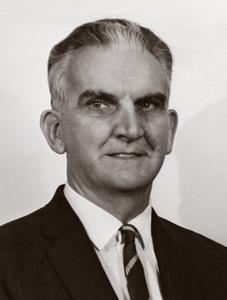 W
WKenneth Ewart Boulding was an English-born American economist, educator, peace activist, and interdisciplinary philosopher. He published over 36 books and over 112 articles. Boulding was the author of two citation classics: The Image: Knowledge in Life and Society (1956) and Conflict and Defense: A General Theory (1962). He was co-founder of general systems theory and founder of numerous ongoing intellectual projects in economics and social science. He was married to sociologist Elise M. Boulding.
 W
WBathsheba Bowers was an American Quaker author and preacher. Her only surviving work is the spiritual autobiography An Alarm Sounded to Prepare the Inhabitants of the World to Meet the Lord in the Way of His Judgments (1709).
 W
WJoseph Bevan Braithwaite was a conservative, evangelical English Quaker minister. In 1851, he married Martha Gillett (1823–1895), also an acknowledged Quaker minister, and together they had nine children.
 W
WHenry Joel Cadbury was an American biblical scholar, Quaker historian, writer, and non-profit administrator.
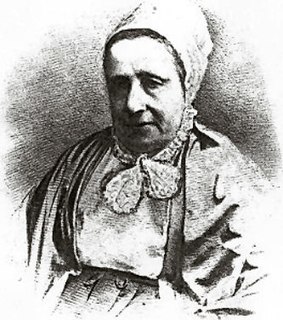 W
WSusanna Corder was an educationist and Quaker biographer.
 W
WIsaac Crewdson was a minister of the Quaker meeting at Hardshaw East, Manchester. He wrote A Beacon to the Society of Friends, a work published in 1835 which had a schismatic effect on English Quakerism.
 W
WMargaret Fell or Margaret Fox was a founder of the Religious Society of Friends. Known popularly as the "mother of Quakerism," she is considered one of the Valiant Sixty early Quaker preachers and missionaries. Her daughters Isabel (Fell) Yeamans and Sarah Fell were also leading Quakers.
 W
WSarah Fell (1642–1714) was an English Quaker accountant and writer at Swarthmore Hall. She was the daughter of Margaret Fell and Thomas Fell, and the eventual stepdaughter of George Fox.
 W
WGeorge Fox was an English Dissenter, who was a founder of the Religious Society of Friends, commonly known as the Quakers or Friends. The son of a Leicestershire weaver, he lived in times of social upheaval and war. He rebelled against the religious and political authorities by proposing an unusual, uncompromising approach to the Christian faith. He travelled throughout Britain as a dissenting preacher, performing hundreds of healings, and often being persecuted by the disapproving authorities. In 1669, he married Margaret Fell, widow of a wealthy supporter, Thomas Fell; she was a leading Friend. His ministry expanded and he made tours of North America and the Low Countries. He was arrested and jailed numerous times for his beliefs. He spent his final decade working in London to organise the expanding Quaker movement. Despite disdain from some Anglicans and Puritans, he was viewed with respect by the Quaker convert William Penn and the Lord Protector, Oliver Cromwell.
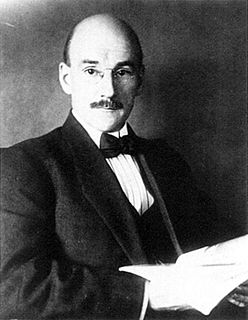 W
WHenry Herbert Goddard was a prominent American psychologist and eugenicist during the early 20th century. He is known especially for his 1912 work The Kallikak Family: A Study in the Heredity of Feeble-Mindedness, which he himself came to regard as flawed, and for being the first to translate the Binet intelligence test into English in 1908 and distributing an estimated 22,000 copies of the translated test across the United States. He also introduced the term "moron" for clinical use.
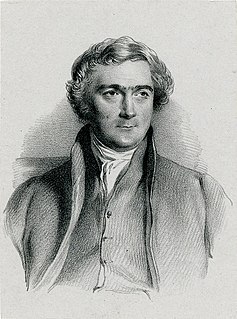 W
WJoseph John Gurney was a banker in Norwich, England and a member of the Gurney family of that city. He became an evangelical minister of the Religious Society of Friends (Quakers), whose views and actions led, ultimately, to a schism among American Quakers.
 W
WElias Hicks was a traveling Quaker minister from Long Island, New York. In his ministry he promoted unorthodox doctrines that led to controversy, which caused the second major schism within the Religious Society of Friends, the first being the schism caused by George Keith in 1691. He broke with the Philadelphia Friends Yearly meeting and established a separate Christian Quaker meeting. His followers were called "Keithians" or "Christian Quakers." Elias Hicks was the older cousin of the painter Edward Hicks.
 W
WRobert Howard "Robin" Hodgkin was an English historian of modern history at Queen's College at the University of Oxford, who served as its provost from 1937 until 1946. In 1900, he was named a Lecturer of modern history at the college, and from 1928 to 1934 was a University Lecturer in that subject. His seminal work, A History of the Anglo-Saxons, was published in 1935, and in his retirement he published Six Centuries of an Oxford College: A History of the Queen's College, 1340–1940.
 W
WThomas Hodgkin, FBA was a British historian and biographer.
 W
WWilliam Howitt, was a prolific English writer on history and other subjects. Howitt Primary Community School in Heanor, Derbyshire, is named after him and his wife.
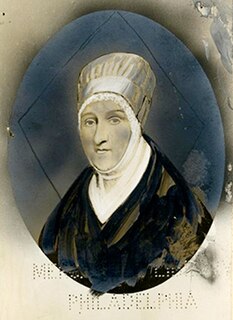 W
WDeborah Norris Logan (1761–1839) was an early 19th-century American Quaker historian and memoirist.
 W
WMilcah Martha Moore (1740–1829) was an 18th-century American Quaker poet, the creator of a manuscript commonplace book featuring the work of women writers of her circle and compiler of a printed book of prose and poetry.
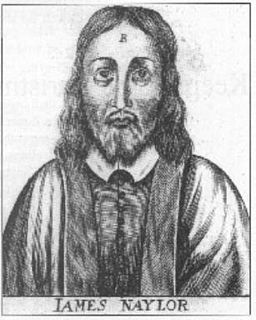 W
WJames Nayler was an English Quaker leader. He was among the members of the Valiant Sixty, a group of early Quaker preachers and missionaries. At the peak of his career, he preached against enclosure and the slave trade.
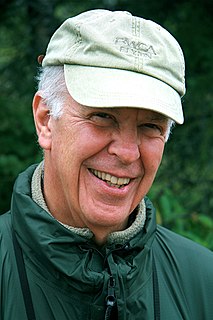 W
WParker J. Palmer is an American author, educator, and activist who focuses on issues in education, community, leadership, spirituality and social change. He has published ten books and numerous essays and poems, and is founder and Senior Partner Emeritus of the Center for Courage and Renewal. His work has been recognized with major foundation grants, several national awards, and thirteen honorary doctorates.
 W
WWilliam Penn was the son of the admiral and politician Sir William Penn. Penn was a writer, early member of the Religious Society of Friends (Quakers), and founder of the English North American colony the Province of Pennsylvania. He was an early advocate of democracy and religious freedom, notable for his good relations and successful treaties with the Lenape Native Americans. Under his direction, the city of Philadelphia was planned and developed. Philadelphia was planned out to be grid-like with its streets and be very easy to navigate, unlike London where Penn was from. The streets are named with numbers and tree names. He chose to use the names of trees for the cross streets because Pennsylvania means "Penn's Woods".
 W
WJacob Post (1774–1855) was an English Quaker and a religious writer.
 W
WRobert Proud (1728–1813) was an English educator, Quaker and historian known for his research and writing about the Province of Pennsylvania.
 W
WLilias Skene or Lillias Skein was a Scottish Quaker preacher, prophet and poet.
 W
WCaroline Emelia Stephen, also known as Milly Stephen, was a British philanthropist and a writer on Quakerism. Her niece was Virginia Woolf.
 W
WJean Toomer was an American poet and novelist commonly associated with the Harlem Renaissance, though he actively resisted the association, and modernism. His reputation stems from his novel Cane (1923), which Toomer wrote during and after a stint as a school principal at a black school in rural Sparta, Georgia. The novel intertwines the stories of six women and includes an apparently autobiographical thread; sociologist Charles S. Johnson called it "the most astonishingly brilliant beginning of any Negro writer of his generation". He resisted being classified as a Negro writer, as he identified as "American". Toomer was for a time a follower of the spiritual teacher G.I. Gurdjieff. Later in life he took up Quakerism.
 W
WTerence Hardy Waite is an English humanitarian and author.
 W
WPriscilla Wakefield, nee Priscilla Bell was an English Quaker philanthropist. Her writings include feminist economics and scientific subjects, and children's non-fiction.